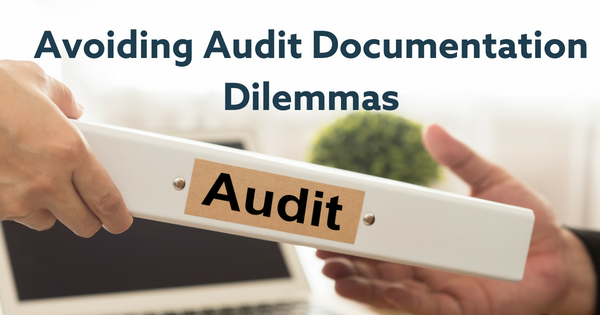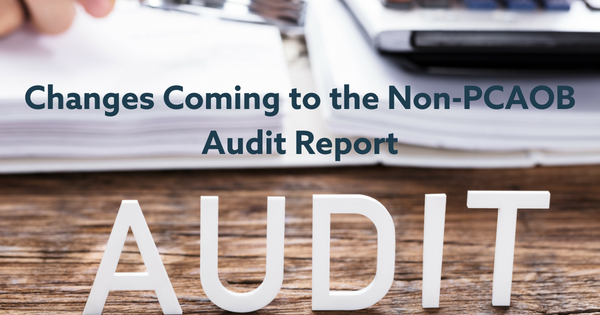When in the course of human events it becomes necessary for auditors to implement the 2018 Yellow Book (i.e., financial audits for periods ending on or after June 30, 2020) it is important that they not overlook a new requirement found in the Yellow Book’s quality control requirements. Under the 2018 Yellow Book, at least […]
Displaying: Richard Daisley, CPA
FASB Issues Long-awaited Lease Simplification Update
With the effective date of Topic 842, Leases, right around the corner, the FASB recently issued two new ASUs that update the lease accounting guidance originally issued in 2016. Both of these updates are effective at the same time as Topic 842. In July, the FASB issued ASU No. 2018-10, Codification Improvements to Topic 842, […]
The 2018 Yellow Book Has Been Issued!
The much anticipated revision to the Yellow Book has arrived and is available at www.gao.gov. Some examples of changes contained in the 2018 Yellow Book include: The formatting of the new Yellow Book clearly differentiates the requirements from the application guidance. The new Yellow Book adds clarification in the area of independence particularly when auditors […]
FASB Standard Setting Heats Up as Summer Approaches
After being particularly slow with its standard setting in early 2018, the Financial Accounting Standards Board (FASB) has significantly picked up its pace in issuing new accounting guidance over the past few weeks. Also, in looking at the FASB’s technical agenda, there are several more Accounting Standards Updates (ASU) which the FASB plans to issue […]
A Challenging Aspect of ASU No. 2016-14
Nonprofits with December 31, 2018 year-ends will be implementing ASU No. 2016-14. As this effective date draws near, many are finding a challenging aspect of ASU No. 2016-14 to be the new disclosures related to: (1) how a nonprofit manages its liquid resources available to meet cash needs for general expenditures within one year; and […]
Topic 606 and Construction Revenue: What CPAs Need to Know
In May 2014, FASB issued an Accounting Standards Update regarding Topic 606: Revenue from Contracts with Customers, along with various amendments, to be implemented in 2017 and 2019. In this post, we’ll talk about exact adoption dates of the new construction revenue recognition standards, the major updates, and how you can help your construction clients […]
Avoiding Audit Documentation Dilemmas
In the Auditor’s Responsibility section of the audit report, auditors discuss their responsibility to express an opinion and that they conducted the audit in accordance with GAAS and potentially other standards (e.g., the Yellow Book, the Uniform Guidance for Federal Awards, etc.). Since auditors are required to apply AU-C section 230, Audit Documentation, as part […]
Changes Coming to the Non-PCAOB Audit Report
We’ve heard quite a lot recently about the coming inclusion of critical audit matters (CAMs) in the audit report for audits following PCAOB auditing standards. CAMs are those items that have been reported to a client’s Audit Committee and relate to accounts or disclosures that are material to the financial statements and involve especially challenging, […]
Proposed Changes to Lease Accounting – Topic 842
As both public and private companies scramble to complete the new revenue standard, Topic 606, they should not lose track of the fast approaching effective date for the FASB’s new lease accounting guidance, Topic 842. In addition to requiring the capitalization of all leases by companies, along with the related lease liability, the new lease […]
Concerned about Accounting Fraud? Watch for Fraud Risk Factors
Under AU-C section 240, Consideration of Fraud in a Financial Statement Audit, the auditor is required to evaluate whether information obtained from risk assessment procedures and related activities performed indicates that one or more fraud risk factors are present. Management should also be looking for and responding to the presence of accounting fraud risk factors. […]





